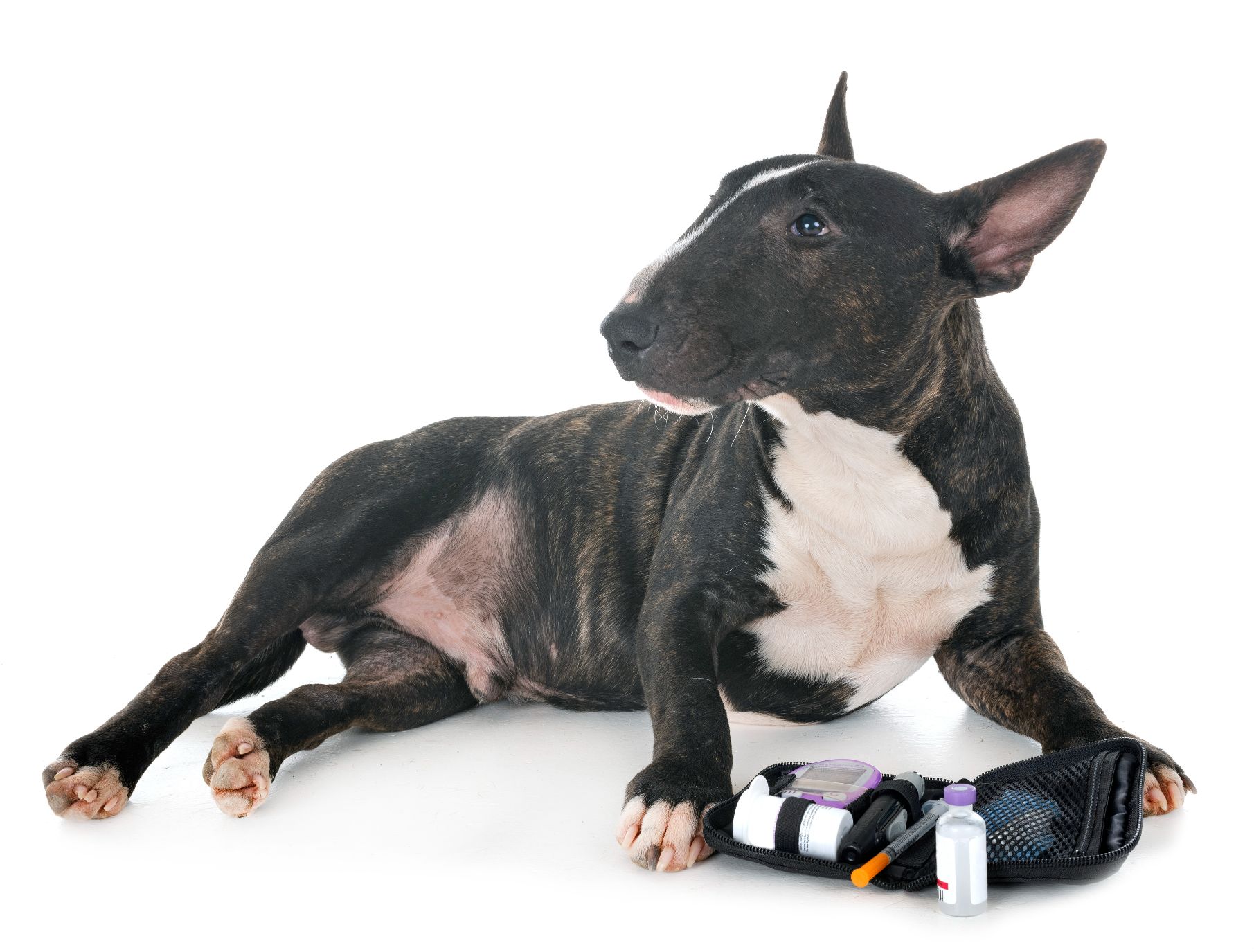National Diabetes Month: Understanding and Managing Pet Diabetes

As National Diabetes Month approaches, the team at The Urban Pet is here to shed light on an important topic that affects our furry companions—pet diabetes. This blog post will explore what pet diabetes is, its symptoms, diagnosis, treatment options, maintenance strategies, and lifestyle considerations. Our goal is to equip you with the information you need to ensure the health of your beloved pets.
What is Pet Diabetes?
Similar to diabetes in humans, diabetes in dogs and cats is a metabolic disorder that affects the regulation of blood sugar levels. The most common type is diabetes mellitus, which occurs when the body can’t produce enough insulin or effectively use it, leading to elevated blood sugar levels.
What Are the Symptoms of Pet Diabetes?
Early detection is essential for effective management. Keep an eye out for these symptoms:
- Excessive thirst
- Increased urination
- Weight loss despite a normal appetite
- Lethargy
- Cloudy eyes
- Changes in behavior
If you notice any of these signs, schedule an appointment immediately.
How Is Diabetes in Pets Diagnosed?
Detecting diabetes in your pet is the crucial first step toward effective management. Our in-house lab enables us to quickly gather important information about your pet’s health and begin the appropriate treatment. Let’s look at the diagnostic process to give you a clear understanding of what to expect.
Clinical Examination and History
When you bring your pet to us, we’ll begin with a thorough clinical examination. During this process, we’ll assess your pet’s overall health and gather information about their medical history, eating habits, and behavior. This initial assessment helps us form a preliminary picture of your pet’s condition.
Blood Tests
Blood tests play a pivotal role in diagnosing pet diabetes. We’ll perform a series of blood tests, including measuring blood glucose levels. Elevated blood glucose levels can be indicative of diabetes. A blood chemistry panel can also help us evaluate your pet’s liver and kidney function, and provide a more comprehensive understanding of their health status.
Urine Analysis
Urine analysis is another vital component of the diagnostic process. We’ll examine your pet’s urine for glucose and ketones. The presence of glucose in the urine, coupled with elevated blood glucose levels, can strongly suggest diabetes. Ketones may indicate a more advanced stage of diabetes or other complications.
Glycosylated Hemoglobin Test
This advanced test provides insights into your pet’s blood glucose levels over the past few weeks. It offers a more long-term perspective on blood sugar control. This can be particularly helpful in assessing how well your pet’s diabetes is being managed, and whether any adjustments to the treatment plan are needed.
Additional Diagnostic Steps
In some cases, further diagnostic procedures might be necessary to rule out other underlying conditions or complications. This could include imaging studies or additional bloodwork. Rest assured that our team will guide you through each step and explain the reasons behind any additional tests.
What Is the Treatment for Diabetes in Pets?
We’re dedicated to creating individualized treatment plans that cater to your pet’s unique requirements. Our wide range of treatment options encompasses personalized dietary adjustments, targeted exercise regimens, potential oral medications, and, when necessary, precise insulin therapy. Our in-house pharmacy provides a reliable, convenient way to obtain any required medications and prescription foods.
Lifestyle Considerations
Managing pet diabetes involves making certain lifestyle adjustments. This includes maintaining a consistent daily routine, ensuring access to fresh water, and minimizing stressors that could impact your pet’s well-being.
Essential lifestyle factors include:
- Routine Monitoring: Regular check-ups and monitoring are essential to track your pet’s progress. We’ll work closely with you to make any necessary adjustments to the treatment plan, ensuring optimal health and quality of life for your furry friend.
- Dietary Management: A well-balanced diet is crucial for managing diabetes in pets. We can recommend the right food, portion sizes, and feeding schedule to help stabilize your pet’s blood sugar levels.
- Exercise and Activity: Regular exercise benefits pets with diabetes by regulating blood sugar levels and supporting overall health.
With tailored treatments and your love and care, we can work together to manage pet diabetes and help ensure your beloved pet’s happy, healthy future. If you have questions or concerns about pet diabetes or would like to schedule a wellness visit, please call us at (615) 356-8993.
